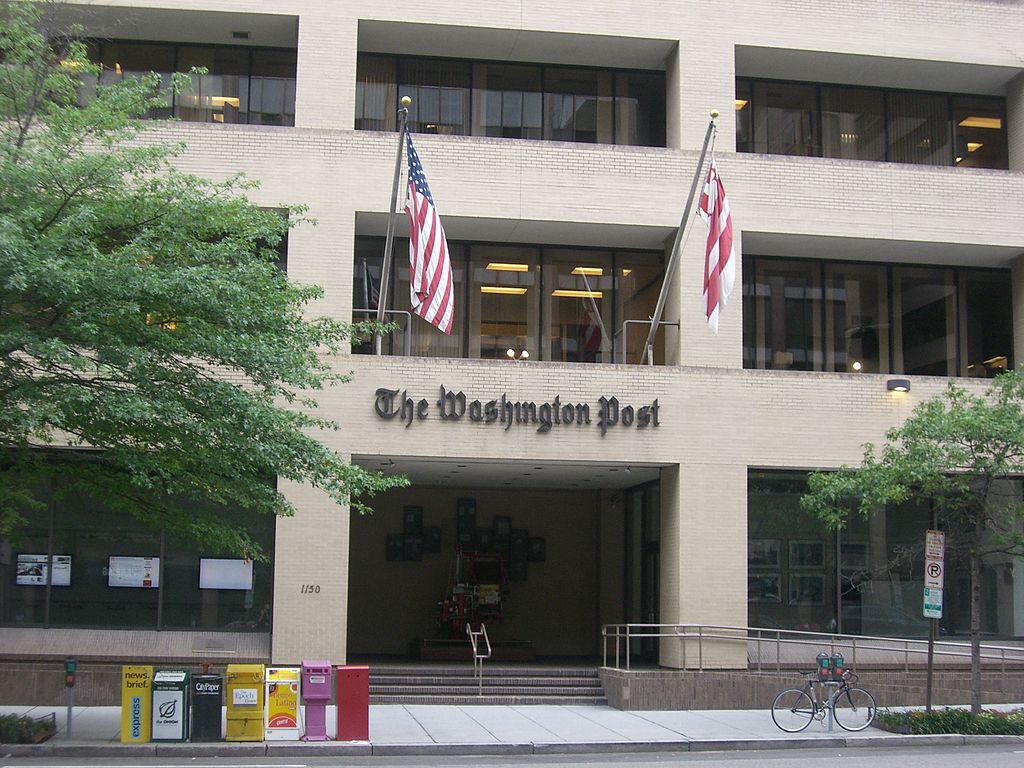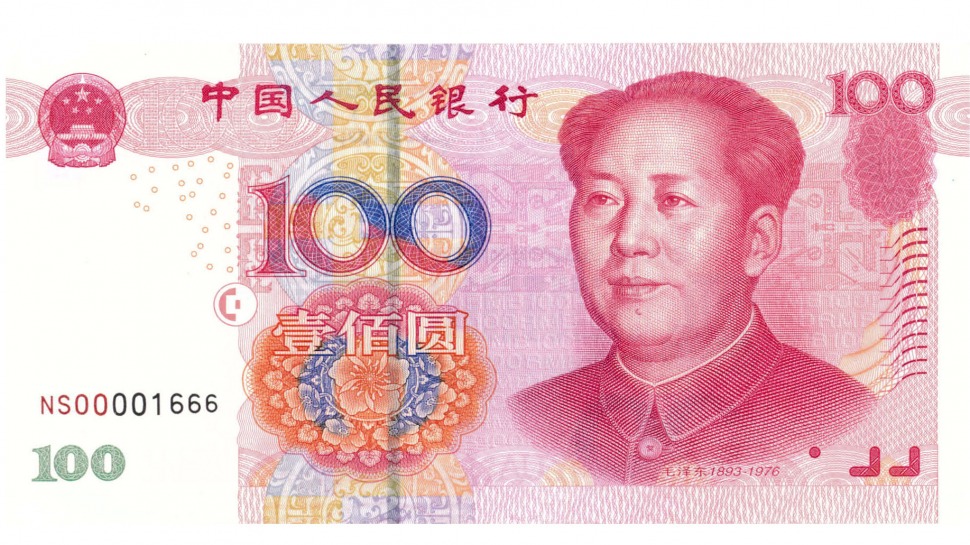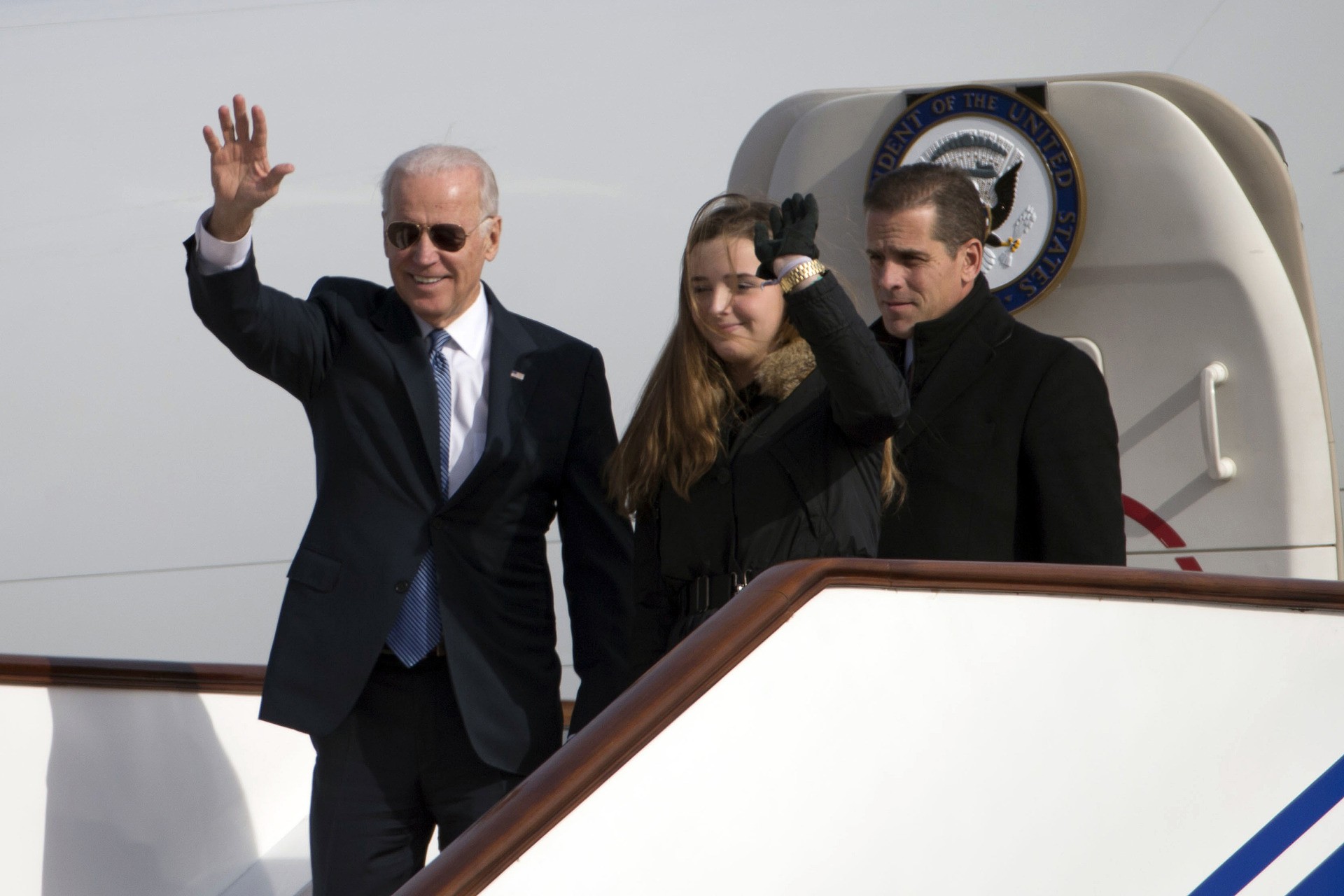
Luckin Coffee, the embattled coffee retailer that, at one point, was Starbucks’s biggest challenger in China, will delist from the Nasdaq following its disclosure of a massive fraud scandal that tanked its share price. The company, in a statement filed with the Securities and Exchange Commission (SEC) on Saturday, said that it would not contest Nasdaq’s decision to push the China-based coffee chain from its market. The coffee retailer suspended its depositary shares from trading on June 29, effectively ending its one-year run as a U.S. publicly listed company.
In April, the Xiamen-based company said that an internal investigation revealed that Liu Jian, its chief operating officer, faked 2.2 billion yuan ($310 million) worth of sales in 2019 – the same year the coffee chain went public on the Nasdaq Stock Market. The economic fallout was quick, with shares plunging by as much as 75% overnight. Aside from Jian, chief executive Jenny Zhiya Qian was sacked in May as part of the company's investigation into the fabricated transactions. The company is expected to hold a meeting in July to remove more directors from the board, including chairman and controlling shareholder Charles Lu.
The coffee retailer said that operations would continue. It currently has over 4,000 stores across China.
Faking orders to boost sales
The rise of Luckin Coffee, from its launch in 2017 to it becoming the biggest coffee chain in China, had been described meteoric. Less than two years after its launch, the company raised $561 million in its initial public offering, and shares were up by 50% when it began trading.
Early this year, the company was valued at around $12 billion; this has gone down to around $706 million by June.
The company ran an aggressive growth strategy in a bid to challenge Starbucks’s market dominance in China. It used an app-based purchasing model, which allowed online orders for either pickup or delivery. By the end of last year, it overtook the U.S.-based coffee chain in the number of outlets, and investors were keen to see its potential to go global.
However, a cryptic email sent to investors in January hinted at the company’s fraudulent transactions.
“A new generation of Chinese Fraud 2.0 has emerged,” the email read. “Companies that start off as fundamentally and structurally flawed business model [sic] that evolves into fraud.”
After reviewing the initial allegations, investment firm Muddy Waters published the damning report on January 31, which accused Luckin of inflating its sales. An internal investigation revealed that employees “helped” sales by using fake accounts to purchase vouchers for numerous cups of coffee. While there were legitimate transactions from regular clients like airlines and banks, sales records revealed purchases from little-known companies in cities across China. Most of the transactions, which bought bundles of vouchers, came in late at night. For instance, Qingdao Zhixuan Business Consulting Co. Ltd. in northern China bought 960,000 yuan ($134,000) worth of vouchers made regularly from May to November 2019.
The window dressing started a month before the company went public, and it fabricated up to 300 million yuan of sales ($42 million), a person familiar with the matter told the Wall Street Journal. This boosted sales and total transaction volumes and kept the coffee chain’s margins look great.
In April, SEC Chairman Jay Clayton issued a statement on how the Public Company Accounting Oversight Board – the state-appointed watchdog – has limited ability to inspect company records in China. This raises the possibility of fraud scandals like Luckin Coffee happening again, even with the verification of auditors like Ernst & Young. (Related: Trump administration declares it will no longer treat China with kid gloves as “days of American passivity are over.”)
Recently, the auditing firm has been tagged in the Wirecard scandal, in which $2 billion went missing after an investigation that involved unorthodox transactions that went as far back as 2016.
Sources include:
Please contact us for more information.





















